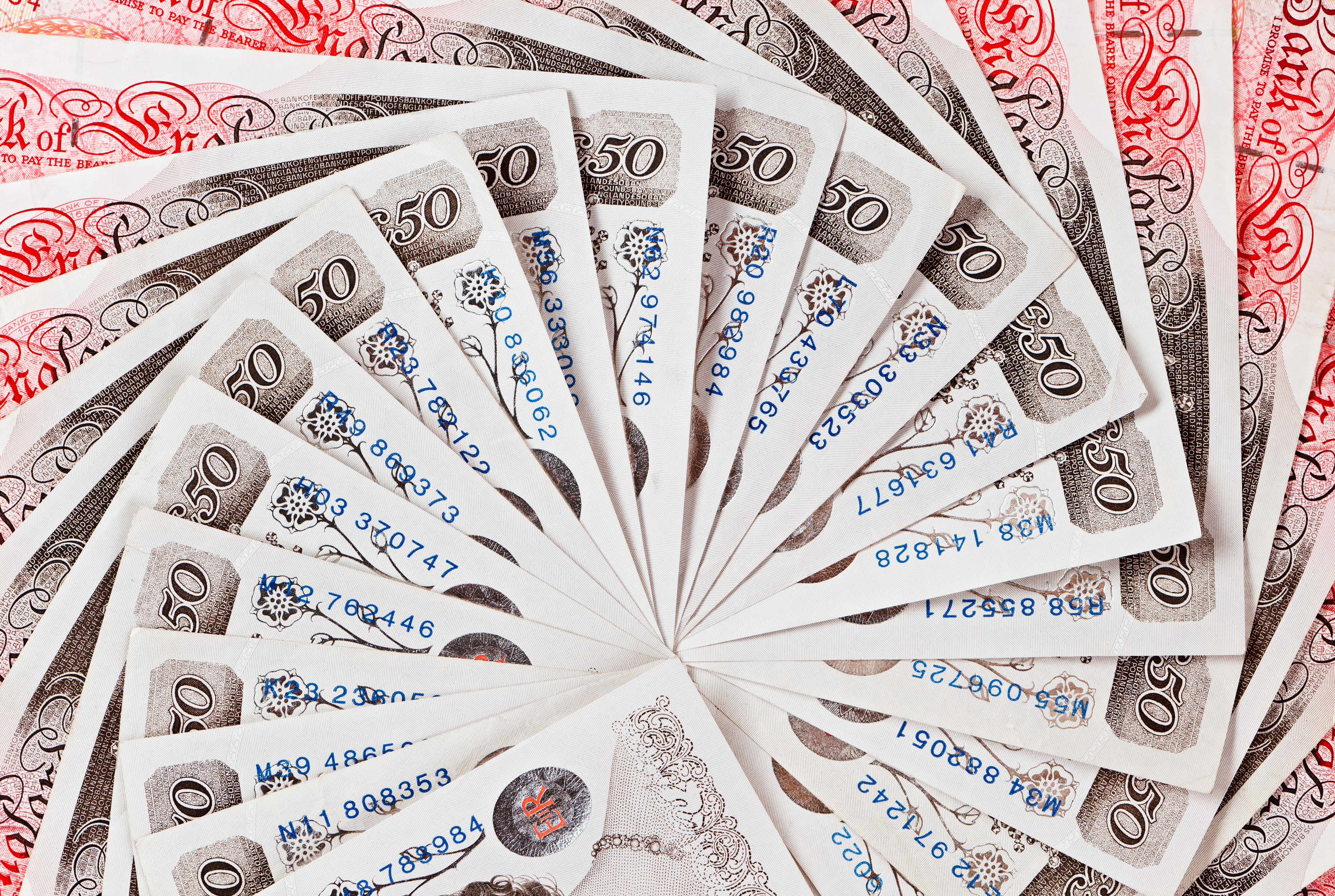News
Three ways to make the most of your work bonus

A dream holiday, new car or simply paying down your mortgage…if you’re fortunate enough to receive a bonus from your employer, you’ll no doubt be thinking of ways to spend the lump sum.
It may be tempting to rush out and spend the lot. You may already have it earmarked for a weekend break you’ve been promising yourself, but let’s not be hasty. It’s important to consider how to manage this money wisely, perhaps spending some while setting aside the rest to grow.
Here are some thoughts on how to make best use of the sum:
Pay off debts
I say this at the risk of being a kill joy, but before you start mentally spending your bonus, I would seriously consider using it, or part of it, to pay off any ‘expensive debt’ you may have outstanding.
By ‘expensive debt’ I mean credit cards, unsecured loans, overdrafts – any debt where the interest rate you are being charged is likely to be greater than any returns you can make on investing or saving your money.
This doesn’t include ‘cheap’ debt such as mortgages or student loans. Granted, this isn’t as exciting as booking a dream holiday, but if your bonus helps to pay outstanding expensive debts, then you’ll be in a much better place financially.
Keep a ‘cash’ cushion
Whatever you have earmarked for your bonus, whether it be paying debts, going on holiday or investing a large chunk, I would recommend holding a portion of it in a cash account. You never know when there may be a rainy day on the horizon; unexpected repairs to your car, a noisy boiler that needs fixing or even a tax bill you hadn’t accounted for.
Holding some money in a cash account that is easily accessible when the storm clouds are gathering is a sensible move.
You won’t make your fortune by saving money in a cash account, given that the most you can hope to gain in interest is little more than 1%. But the important point to note is that you can opt for an instant access account, so the money is available with no notice for when you need to get your hands on it.
Investing
If you’re new to investing then you’ve probably come across terms such as shares, bonds and the stock market but won’t be hugely up to speed on what, precisely they all mean. I’ve no doubt you will have heard, “Investing in the stock market – that’s just gambling with your money, isn’t it?”
If you have little or no experience of investing money, you may be reluctant to consider putting your bonus into stocks and shares, but you could be a very successful investor and turn your £100s into £1,000s with a little financial knowhow.
Before considering where or how to invest, I urge you to set up a stocks & shares ISA. Unlike a cash ISA where your money is held in a cash savings account, a stocks & shares ISA invests your money in the stock market.
However, just like a cash ISA, all the money held in your stocks & shares ISA, along with any gains you make, are tax-free. It’s very simple to apply for a stocks & shares ISA, and you can even do so online, with a reputable stock broker such as the award winning Hargreaves Lansdown.
I would suggest following these steps…
Once you’ve opened your account, you will then need to think about whether your bonus is substantial enough to divide it equally into 10 or 12 ‘chunks’ so that you can invest one ‘chunk’ each month. Ideally you need to invest no less than £50 per month.
The easiest way to do this is to hold your lump sum in cash within your stocks & shares ISA and then simply transfer a ‘chunk’ each month into a chosen investment – more on that later – within your ISA.
By investing regularly each month you achieve ‘averaging in’ or ‘smoothing’, meaning you reduce the risk of investing a lump sum of money, such as your bonus, days before a market crash. A reassuring word; crashes do happen, but historically, the stock markets spend far more time growing gradually than crashing because that is what the world is doing too.
Choosing where to invest your money comes next. I would recommend keeping things simple and opt for a fund, or a small number of funds (within your ISA) which invest globally, in stock markets all across the world.
I call this ‘owning the world’ and I would urge all investors to do this. Do your research and make sure you opt for a fund which invests in markets from across the world (the US, Asia, Europe, Middle East, Emerging Markets). This ensures your money is spread, otherwise known as diversification.
If the markets are low in one part of the globe, chances are they’ll be riding high elsewhere. A fund which has ‘global’ in the title is usually a good indication that it invests in markets across the world.
Finally, make sure your chosen fund of funds cover a variety of ‘assets’; these include stocks, shares, cash, bonds, precious metals and so on. This means you can take advantage of one asset class when it is doing well while another of your asset classes is perhaps in the doldrums. It’s another way of ‘diversifying’ your investments and making the most of your money.
If you follow these steps, your well-earned bonus that you’ve worked for all year will end up working for you.
Andrew Craig is founder of Plain English Finance and author of ‘How to Own the World’